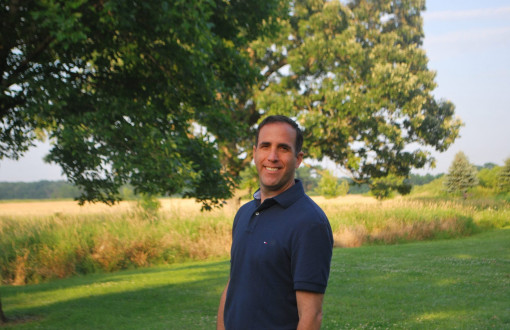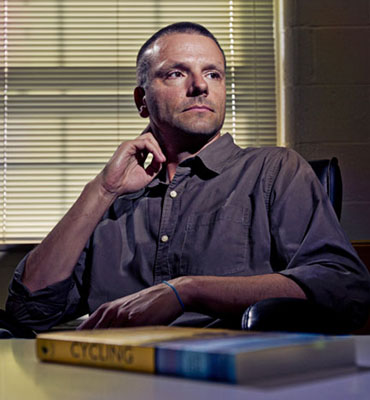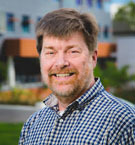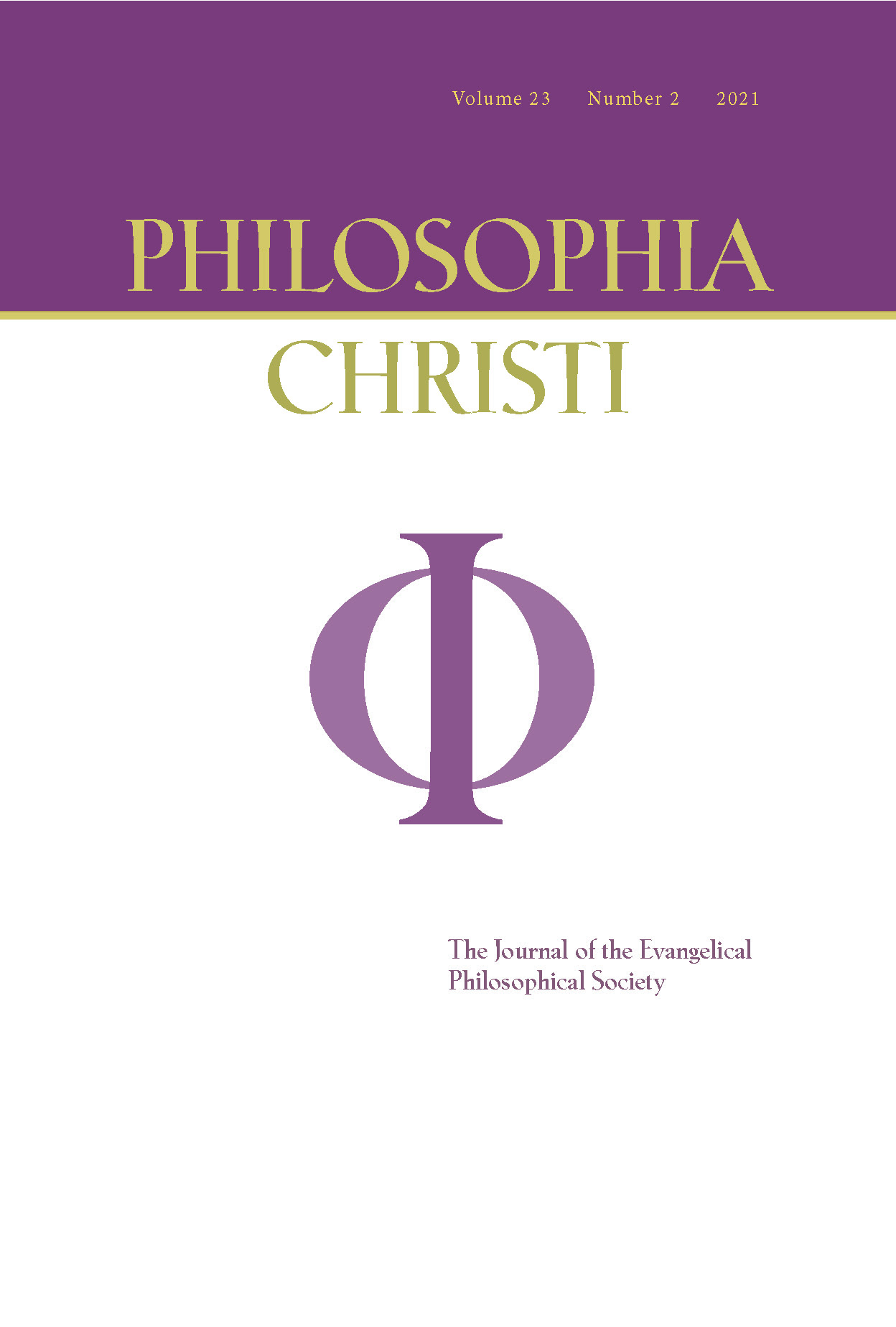What is an academic discipline? How might we think about the mission of God, the work of Christian professors and their work among the disciplines? What does it mean to think Christianly about scholarship? How might the character of a scholar shape the work of scholarship? These questions and more are addressed in this unique web symposium centered around a paper written by Paul Gould. [Readers may also be interested in an EPS interview with Gould regarding his recent book, The Outrageous Idea of the Missional Professor].
 An Essay on Academic Disciplines, Faithfulness, and the Christian Scholar
An Essay on Academic Disciplines, Faithfulness, and the Christian Scholar
by Paul Gould
This essays argues that an academic discipline is best understood as a social practice composed of guiding principles, a guiding methodology, a data set and a collective narrative (with characters, acts and various sub-stories throughout its history).
Mission takes place at the point of intersection between the dominant western stories (scientific naturalism and postmodernism) and Christianity. Within the academic discipline, these intersections are at each level: the Christian professor will utilize her own set of guiding principles and methodologies (which might or might not agree with those of the dominant story within the discipline); she will approach the data set of the discipline from her own unique point of cognitive access, which may lead her to ask a different set of questions than those who embrace the dominant story of the discipline would ask; and she will look to her own set of Christian mentors and guides within the discipline (historical and contemporary) for leadership.
As a missional professor who always has the progress of the gospel in view, she will seek “missional connections” within her academic discipline so that Christianity will be viewed as plausible and gain a hearing in the secular university and in culture.
 Scholarship and Character as a Christian Academic
Scholarship and Character as a Christian Academic
by Michael Austin
This paper considers examples of how a Christian in philosophy can embrace positions within the discipline but also provide a unique and more cogent grounding for those positions. He argues that the best way of accounting for a conception of human rights based on fundamental interests can be grounded in God’s trinitarian nature. A Christian philosopher, depending on her audience, can be explicit about this ultimate grounding or she may instead produce a work of what C.S. Lewis called latent Christianity, in which the theological underpinnings exist in her mind, but are not made explicit in her argumentation.
Austin also discusses an example of how the fact that, as Gould puts it, “Christ is the source and telos of all things, including all truths that can be discovered,” can inform Christian scholarship, related to the dual nature of the Christian virtue of humility.
Finally, Austin briefly examines the importance of a robust Christian character for the Christian academic.

by Gregory Ganssle
The task of the Christian in the academy is complex. Paul Gould’s Essay includes some helpful conceptual tools.
The first helps us visualize the multiple implications of the fact that God is the prime reality. These implications open up the resources of the Gospel for thinking about the task of the scholar.
The second helps us give a more nuanced analysis of the contours of one’s academic discipline.
In this essay, Gregory Ganssle develop these tools to help make them more comprehensive, and, hopefully, even more applicable.
 A Perspective on Perspectival Factualism: Response to Paul Gould
A Perspective on Perspectival Factualism: Response to Paul Gould
by Richard Davis
Paul Gould’s Essay defends what he calls ‘Perspectival Factualism’ as the best approach for a Christian scholar to adopt towards her academic discipline. Richard Davis raises some questions for Prof. Gould’s proposal along with some alternative proposals. This paper also reflects Davis’s recent contribution in Philosophia Christi, where he [and Paul Franks] critique another form of perspectivalism.
 Reflection on Gould’s Model of Faith and Scholarship: Consistent, Holistic, Realistic?
Reflection on Gould’s Model of Faith and Scholarship: Consistent, Holistic, Realistic?
by David Naugle
In this response to Paul Gould’s Essay, David Naugle mentions seven positive things he sees in his essay, including: that Gould emphasizes God’s mission and our scholarly faithfulness to it, his helpful definitions of academic disciplines, his examples of missional professors, the good Christian resources Gould uses, his boldness, and many other solid points too many to discuss.
Negatively, Naugle mentions, in summary fashion, the following points: a possible contradiction, a failure to be truly holistic in the faith-learning nexus, and finally, whether Gould’s model will lead to the transformation he seeks. Each major section is followed by summaries of various kinds.
 Further Reflections on Academic Faithfulness: A Reply to Friendly Critics
Further Reflections on Academic Faithfulness: A Reply to Friendly Critics
by Paul Gould
In this paper, Paul Gould responds to essays by Michael Austin, Gregory Ganssle, Richard Davis, and David Naugle as they interact with his model of faith-scholarship integration as articulated in his “Essay on Academic Disciplines, Faithfulness, and the Christian Scholar.”
In 2019, Bloomsbury Academic will publish Explaining Evil: Four Views by W. Paul Franks. Franks is Associate Professor of Philosophy at Tyndale University College, Canada. He has published in the Heythrop Journal, Philosophia Christi, Religious Studies and Sophia.




 Scholarship and Character as a Christian Academic
Scholarship and Character as a Christian Academic
 A Perspective on Perspectival Factualism: Response to Paul Gould
A Perspective on Perspectival Factualism: Response to Paul Gould
 Further Reflections on Academic Faithfulness: A Reply to Friendly Critics
Further Reflections on Academic Faithfulness: A Reply to Friendly Critics